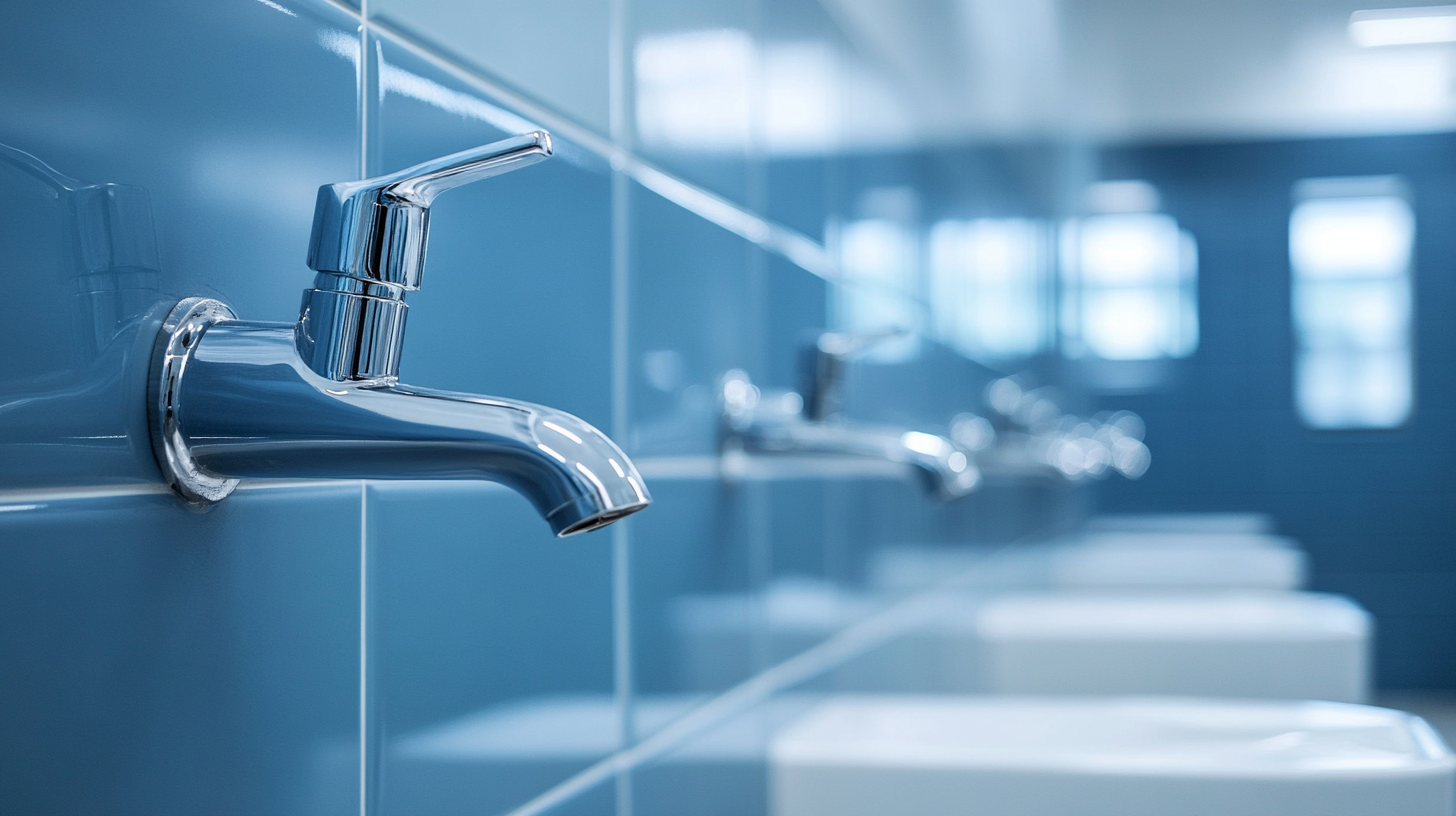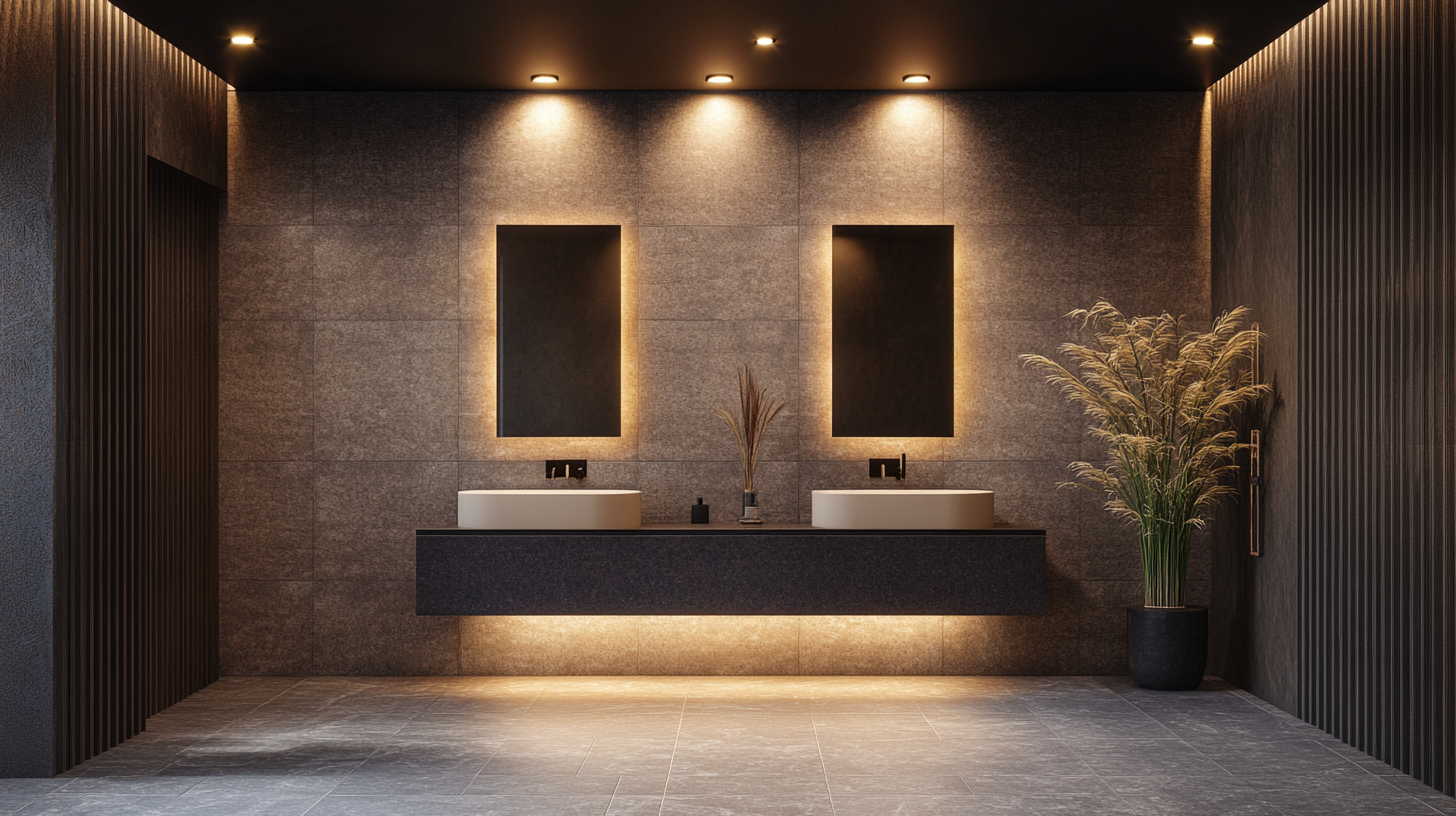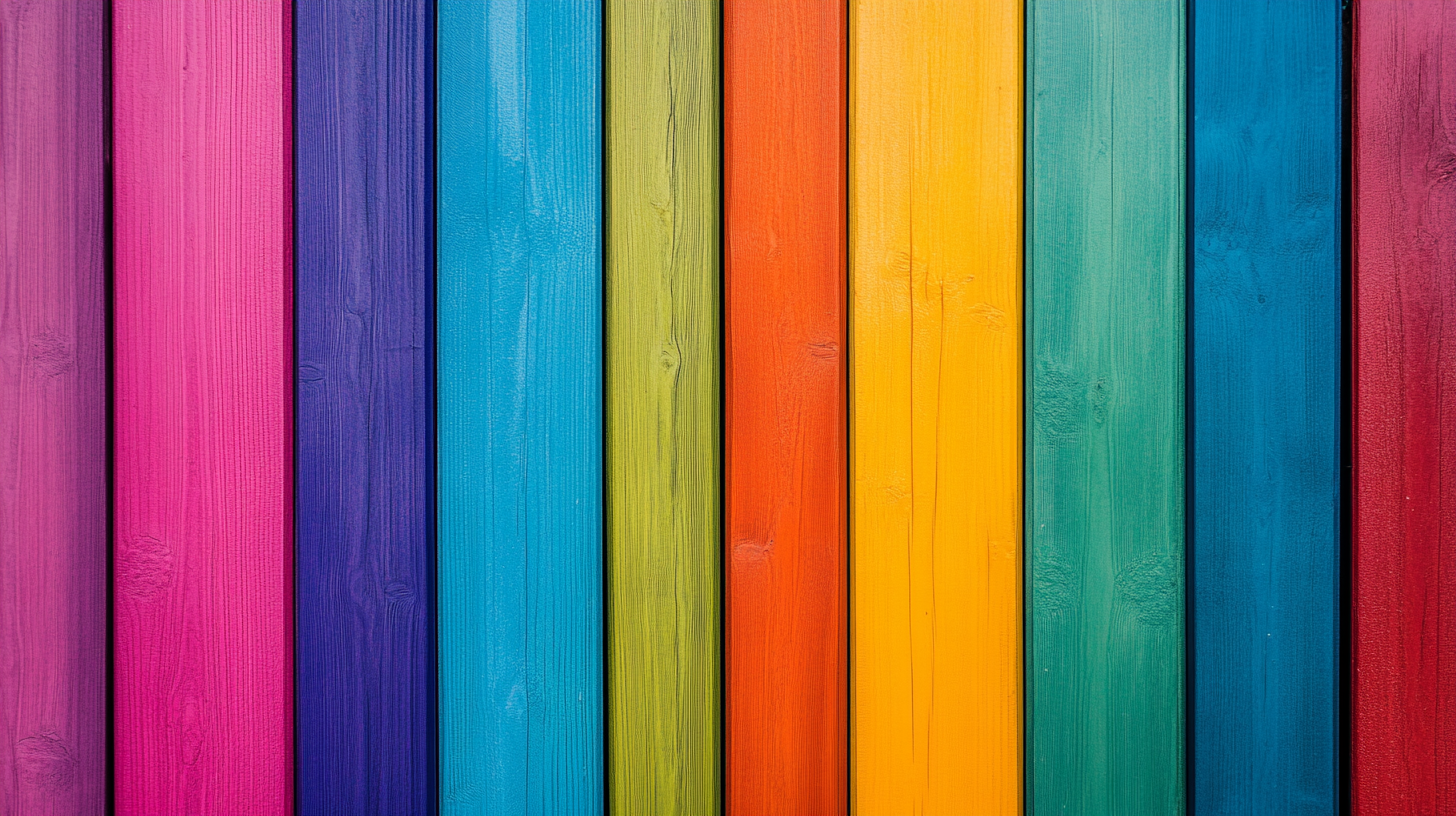
When it comes to maintaining cleanliness and hygiene in professional environments, choosing the right materials is crucial. One option that has gained significant attention in recent years is PVC hygienic wall cladding. This innovative solution not only offers aesthetic appeal but also provides outstanding durability and ease of maintenance, making it ideal for a variety of business settings, from healthcare facilities to food processing plants. In this essential guide, we will explore the key factors to consider when selecting PVC hygienic wall cladding for your business needs. By understanding the unique benefits and features of different options available in the market, you can make an informed choice that ensures both a pristine environment and compliance with health standards, ultimately enhancing your operation's efficiency and reputation.

PVC hygienic wall cladding has become an essential choice for commercial spaces, particularly those that require high levels of cleanliness and hygiene. According to a report by Research and Markets, the global market for hygienic wall cladding is projected to grow at a CAGR of approximately 6% over the next five years. This increase can be attributed to the growing demand in sectors such as healthcare, food processing, and pharmaceuticals, where maintaining a sterile environment is critical.
One of the key advantages of PVC hygienic wall cladding is its non-porous surface, which prevents the growth of bacteria and mold, aligned with findings from the Journal of Environmental Health Research indicating that non-porous materials significantly reduce pathogen survival compared to traditional wall finishes. Additionally, PVC wall cladding is easy to clean and maintain, requiring only simple detergents for routine cleaning, making it an efficient option for busy commercial spaces. The durability of PVC also plays a significant role in its popularity; with a lifespan of over 20 years, this material stands up to the rigors of daily use while remaining aesthetically pleasing.
Furthermore, the cost-effectiveness of PVC hygienic wall cladding cannot be overlooked. Compared to other materials like stainless steel or tiles, PVC offers a lower initial investment and reduced installation time, providing businesses with the dual benefits of budget savings and operational efficiency. As companies increasingly prioritize hygiene and safety in their facilities, the adoption of PVC hygienic wall cladding is likely to continue its upward trajectory in the commercial sector.

When selecting PVC hygienic wall cladding for your business, it's essential to consider several key factors that cater to your specific industry needs. One of the foremost considerations is the type of environment where the cladding will be installed. For instance, healthcare facilities demand cladding solutions that not only resist moisture and bacteria but also can withstand heavy cleaning and disinfecting processes. As the global hygienic cladding market is projected to reach $6 billion by 2032, driven primarily by robust needs in sectors like healthcare, understanding the specific requirements of your industry is crucial for making an informed choice.
Another critical aspect to ponder is the design and aesthetic appeal. With the growing popularity of trendy PVC wall panels, businesses are increasingly turning towards options that not only provide hygiene benefits but also enhance the interior design of their spaces. The versatility of PVC allows for a range of colors and textures that can fit various design themes, making it suitable for both modern and traditional settings. Additionally, as the PVC wall panels market continues to expand, exploring new trends for 2024 can help you make a choice that aligns with both practicality and visual expectations, ensuring your business stands out while maintaining a safe environment.
When it comes to choosing the right PVC hygienic wall cladding for your business, understanding the different types available is crucial. Rigid PVC sheets offer a durable and easy-to-clean surface, making them an excellent choice for environments that require high sanitation standards, such as hospitals and food processing facilities. Their smooth finish resists dirt and stains, while providing a robust barrier against moisture and harsh cleaning agents.
Flexibility is another important factor to consider; flexible PVC cladding is ideal for spaces that require custom shapes and designs. This type can easily adapt to intricate wall contours or curved surfaces, making it suitable for areas like commercial kitchens or laboratories. However, its lighter weight may come at the expense of durability compared to rigid options. Ultimately, the choice between rigid and flexible PVC wall cladding should be guided by your specific business needs, including aesthetic preferences, environmental conditions, and maintenance requirements.
When selecting PVC hygienic wall cladding for your business, one crucial aspect to consider is its maintenance, which directly impacts its longevity and performance. Regular cleaning is essential to prevent the accumulation of dirt and bacteria. According to industry research, properly maintained PVC wall cladding can last over 20 years, making it a cost-effective solution for high-hygiene environments such as hospitals and food processing facilities.
Incorporating antimicrobial features into your wall cladding can further enhance its durability and hygienic properties. Antimicrobial PVC products, enriched with silver ions, effectively combat micro-organisms, reducing the risk of contamination significantly. Studies show that these antimicrobial surfaces can reduce bacterial presence by up to 99% compared to standard PVC options. Adopting a routine maintenance schedule that includes appropriate cleaning agents can help sustain these benefits, ensuring your cladding remains both visually appealing and functional over time.
Investing in the right PVC hygienic wall cladding not only ensures compliance with health standards but also creates a safer environment for both employees and customers. Regular inspections and prompt repairs of any damage are also vital to maintaining the integrity of the cladding, prolonging its lifespan, and thus maximizing your overall investment.
| Feature | Description | Maintenance Tips |
|---|---|---|
| Durability | PVC cladding is resistant to moisture, mold, and mildew, making it ideal for hygiene-sensitive areas. | Regularly inspect for any signs of damage and repair them immediately to prolong lifespan. |
| Ease of Cleaning | Smooth surface allows for easy cleaning with standard sanitizing agents. | Use non-abrasive cleaners to avoid scratching the surface. |
| Installation | Can be easily installed over existing surfaces, saving time and labor costs. | Follow manufacturer guidelines for installation to ensure optimal results. |
| Aesthetic Variety | Available in various colors and finishes to match any décor. | Regularly polish surfaces to maintain appearance and color vibrancy. |
| Cost-Effectiveness | Generally more affordable than traditional wall materials, while providing excellent durability. | Consider bulk purchasing for larger projects to reduce costs. |
When it comes to outfitting your business space, investing in PVC hygienic wall cladding is a decision that can impact both functionality and aesthetics. Understanding the budgetary aspects is crucial for any business looking to make cost-effective choices. PVC wall cladding offers a range of price points, allowing you to find solutions that meet your financial constraints without sacrificing quality.
To begin, consider the specific requirements of your environment. Different industry settings, such as healthcare, food service, and manufacturing, demand varying levels of hygiene and durability. Fortunately, PVC hygienic wall cladding comes in numerous designs and finishes, catering to different budgets. By researching suppliers and comparing prices, you can identify options that provide the longevity needed while fitting your financial plans.
Additionally, it's beneficial to consider the long-term savings associated with PVC cladding. Their easy-to-clean surfaces reduce maintenance time and costs, ultimately saving money over the lifespan of the material. By prioritizing both initial investment and future upkeep, businesses can choose PVC wall cladding that not only enhances hygiene but also offers a smart financial solution.

